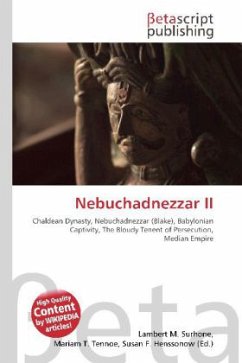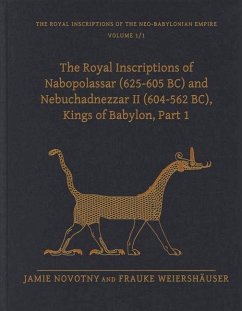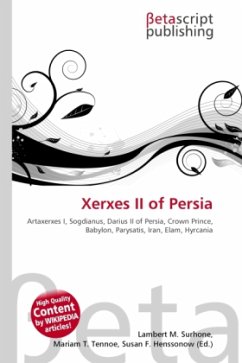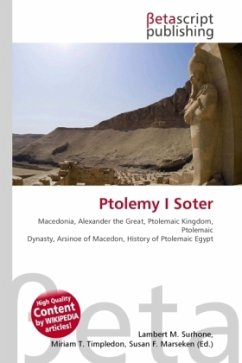Please note that the content of this book primarily consists of articles available from Wikipedia or other free sources online. Nebuchadnezzar II About this sound Listen (help·info) (c 634 562 BC) was a ruler of Babylon in the Chaldean Dynasty, who reigned c. 605 BC 562 BC. According to the Bible, he conquered Judah and Jerusalem, and sent the Jews into exile. He is credited with the construction of the Hanging Gardens of Babylon. He is featured in the Book of Daniel and is also mentioned in several other books of the Bible. The Akkadian name, Nabû-kudurri-u ur, means "Oh god Nabu, preserve/defend my firstborn son". Nabu is the Babylonian deity of wisdom, and son of the god Marduk. In an inscription, Nebuchadnezzar styles himself as Nabu''s beloved and favourite . The name is often mistakenly interpreted as "O Nabu, defend my kudurru", in which sense a kudurru is an inscribed stone deed of property. However, when contained in a ruler''s title, kudurru approximates to "firstborn son" or "oldest son".
Bitte wählen Sie Ihr Anliegen aus.
Rechnungen
Retourenschein anfordern
Bestellstatus
Storno








